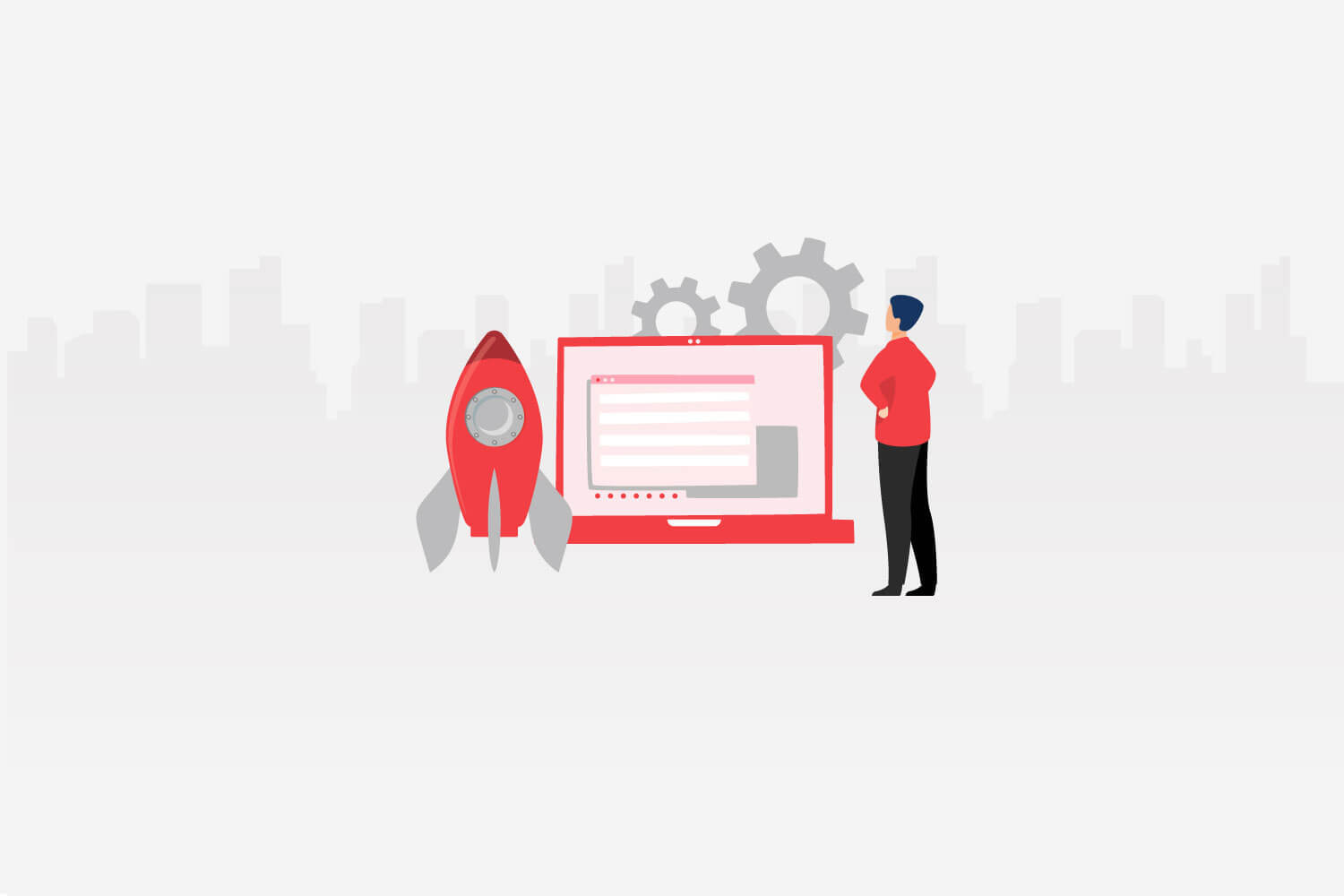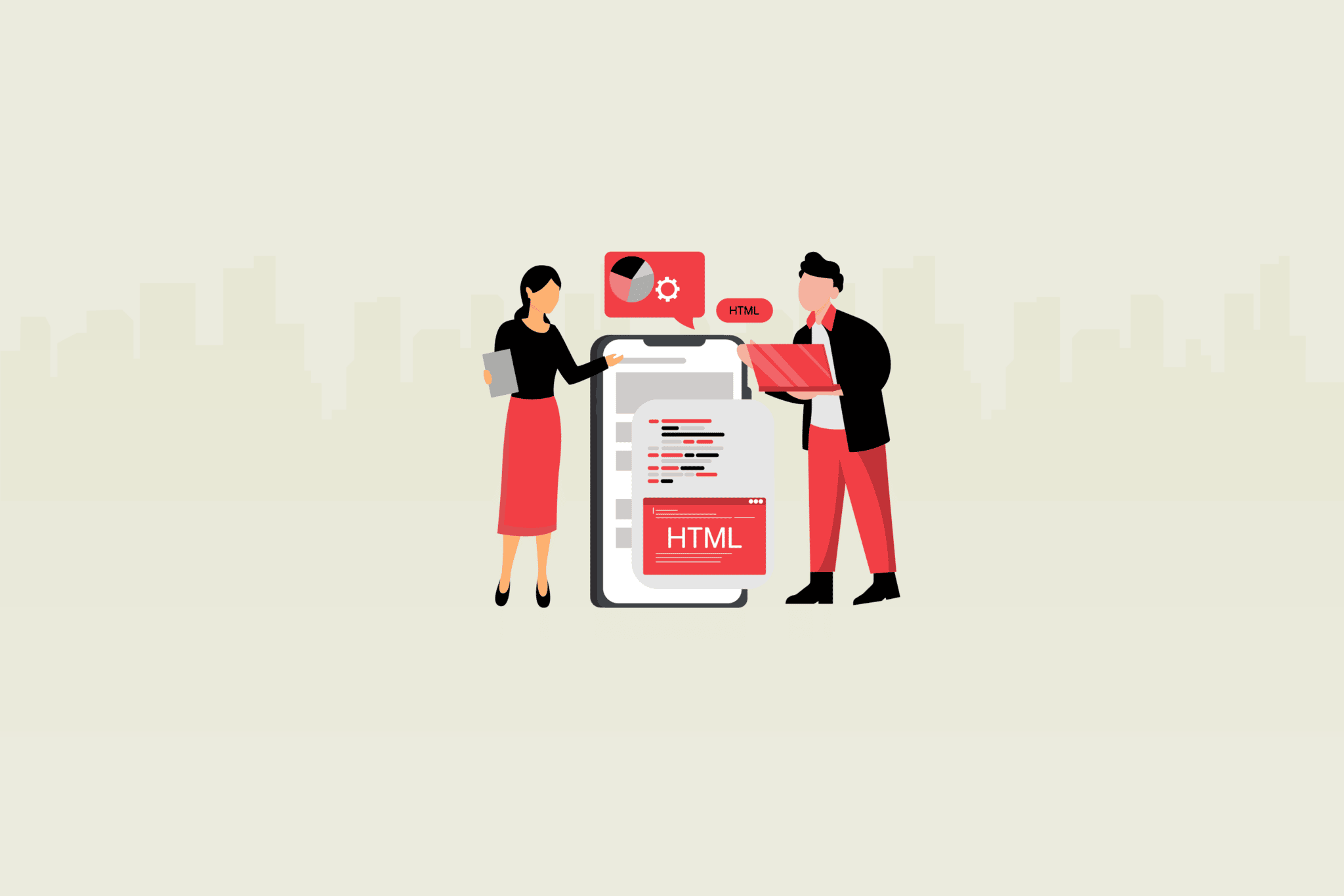Remember the office birthday parties or your co worker’s farewell party or the last office diversity day? all these events could not be held if it was not for the skilled event planner who organizes and schedules the whole thing back to back every year. Now as the workplaces are filling up with people once again, so are the numbers of possible workplace events. Event planner hiring can go very wrong just with a traditional interview, so you should definitely consider avoiding bad hire, unconscious bias and unnecessary long hiring procedure by using remote candidate assessment tools like Testlify.
According to U.S bureau of labor statistics, the median annual wage given to event planners were $52,560 in May 2022.
In this blog post, we will delve into the top seven recruitment trends in event planner hiring. Whether you’re an event planning professional looking to sharpen your skills or an employer seeking the best talent for your events, understanding these trends will be instrumental in navigating the competitive world of event planning.
Virtual event planning expertise
In today’s rapidly changing landscape, virtual events have become a cornerstone of the event planning industry. The ability to create engaging and seamless virtual experiences is now a critical skill for event planners.
Virtual event planning expertise involves mastering the technology and platforms required to host successful online events. Event planners must understand how to choose the right virtual event software, set up interactive features like chat rooms and Q&A sessions, and troubleshoot technical issues on the fly.
Moreover, creativity plays a crucial role in virtual event planning. Event planners need to think outside the box to keep participants engaged and deliver memorable experiences. This includes designing virtual stages, curating engaging content, and finding innovative ways to foster networking and connections in a virtual environment.
The demand for professionals with virtual event planning expertise continues to rise as businesses and organizations embrace the advantages of online events. Whether it’s a virtual conference, trade show, or team-building event, event planners who excel in this area are poised for success in the evolving event planning landscape.
Diversity, equity, and inclusion in event planner hiring
In the world of event planning, diversity, equity, and inclusion (DEI) have taken center stage. Organizations are increasingly recognizing the importance of reflecting the diverse communities they serve in their events. This recognition has led to a growing emphasis on hiring event planners who can champion DEI principles.
Event planners with a focus on DEI bring a unique perspective to the table. They understand the significance of creating events that are inclusive and welcoming to people from various backgrounds, ethnicities, genders, and abilities. They work to ensure that event content, speakers, and activities are diverse and representative of the audience.
Furthermore, DEI-minded event planners are attuned to the needs of all attendees, making accessibility a top priority. They consider factors such as language accessibility, physical accessibility, and providing accommodations to ensure that every participant feels valued and included.
The shift towards DEI in event planning is not just a trend; it’s a fundamental shift in how events are designed and executed. Organizations are not only seeking event planners with the skills to create exceptional experiences but also those who can do so while promoting diversity, equity, and inclusion, making it a key trend in event planner hiring.
Tech-savvy event planners
In the digital age, event planners are expected to be tech-savvy and proficient in leveraging technology to enhance event experiences. This trend has gained prominence as events increasingly rely on virtual and hybrid formats.
Tech-savvy event planners are adept at navigating a wide range of event management software and digital tools. They use these tools to streamline registration processes, manage attendees, and track event metrics. Additionally, they harness technology to create engaging virtual event environments, incorporating features like live streaming, interactive Q&A sessions, and virtual networking opportunities.
One of the key advantages of having tech-savvy event planners on board is their ability to troubleshoot technical issues swiftly. Whether it’s managing online event platforms or resolving connectivity problems, their expertise ensures a smooth and glitch-free event experience for attendees.
Furthermore, they stay updated on the latest technological advancements in event planning, ensuring that events remain innovative and engaging. With the ever-evolving digital landscape, the demand for tech-savvy event planners continues to grow, making it an essential skill set in today’s event planning industry.
Pro tip: When evaluating event planner candidates for tech-savviness, consider their familiarity with the specific event management software and tools your organization uses. This ensures a seamless transition and quicker adaptation to your team’s workflow.
Sustainability focus
Sustainability has become a central consideration in event planning, reflecting a broader global awareness of environmental impact. Event planners are increasingly tasked with creating sustainable events that minimize their carbon footprint and promote responsible practices.
A sustainability-focused event planner is well-versed in eco-friendly event management. They prioritize elements such as sustainable sourcing of materials, reducing waste through recycling and composting, and selecting venues with green certifications. These efforts align with the growing expectation that events should contribute positively to the environment.
Moreover, sustainability-minded event planners are innovative in finding ways to incorporate eco-friendly elements into events. This can involve using digital signage to reduce paper usage, sourcing local and organic catering options, and even integrating renewable energy sources into event setups.
Sustainability is not only about environmental impact but also social responsibility. Event planners with a sustainability focus may also prioritize ethical considerations, such as fair labor practices and supporting local communities.
In a world increasingly concerned with climate change and responsible consumption, event planners who prioritize sustainability are in high demand. Businesses and organizations are recognizing the importance of aligning their events with sustainable values, making this trend a key factor in event planner hiring decisions.
Remote work opportunities in event planner hiring
The landscape of event planning has evolved, offering new opportunities for remote work. This trend has reshaped how event planners collaborate and execute successful events, making it a noteworthy aspect of the industry.
Remote work in event planning provides flexibility for professionals and organizations alike. Event planners can work from anywhere, tapping into a global talent pool and accommodating diverse schedules. This flexibility is especially valuable in the ever-changing event environment, where quick adaptations and responses are often necessary.
Collaboration tools and technology have played a pivotal role in enabling remote event planning. Event planners can seamlessly communicate with clients, vendors, and team members, regardless of geographical distances. This has broadened the scope of events, making it feasible to coordinate international conferences and virtual trade shows.
Moreover, remote work has reduced overhead costs associated with physical office spaces and travel expenses, making event planning more cost-effective. It also aligns with the changing expectations of a workforce that values work-life balance and the freedom to choose where they work.
As the remote work trend continues to shape various industries, event planning is no exception. The ability to adapt to this flexible work model is increasingly seen as a valuable skill for event planners, offering numerous benefits for both professionals and organizations.
Now speed up your remote employee assessment process using Testlify: the best candidate assessment tool. Sign up for free to check out our test library.
Pro tip: When assessing candidates for their data-driven decision-making skills, inquire about their experience in using data analytics tools and platforms relevant to event planning. Look for candidates who can demonstrate their ability to derive meaningful insights from event data, as this skill is instrumental in optimizing event strategies.
Data-driven decision making
In the realm of event planning, data-driven decision making is emerging as a crucial trend. Event planners are harnessing the power of data to gain insights, improve event strategies, and enhance attendee experiences.
Data-driven event planners collect and analyze information from various sources, including registration data, attendee feedback, and engagement metrics. By studying this data, they can identify trends, preferences, and areas for improvement, allowing for more informed decision making.
One significant advantage of data-driven event planning is the ability to personalize events. Event planners can tailor content, sessions, and networking opportunities to suit the specific interests and needs of attendees. This personalization enhances the overall event experience and increases attendee satisfaction.
Furthermore, data-driven insights are instrumental in measuring the success of events. Event planners can track key performance indicators (KPIs) and ROI more accurately, enabling them to demonstrate the value of events to stakeholders.
As the demand for measurable results and personalized experiences continues to grow, event planners who excel in data-driven decision making are in high demand. They have the tools and knowledge to optimize event strategies, ensuring that each event is a resounding success in achieving its goals and objectives.
Soft skills and creativity
Soft skills and creativity are foundational attributes for successful event planners. In the dynamic world of event planning, these qualities play a pivotal role in crafting memorable experiences and navigating challenges effectively.
Effective communication is a cornerstone soft skill for event planners. The ability to convey ideas clearly, actively listen, and collaborate with clients, vendors, and team members is essential. Event planners with strong communication skills can build strong relationships and ensure that everyone is aligned on the event’s goals and objectives.
Adaptability is another crucial soft skill in event planning. Events can be unpredictable, and unforeseen challenges can arise. Event planners who are adaptable can pivot quickly, find solutions on the spot, and keep the event running smoothly.
Creativity is at the heart of crafting unique and engaging event experiences. Event planners must think creatively to design event themes, concepts, and activities that captivate attendees. Creative problem-solving also comes into play when addressing unexpected issues that may arise during events.
Attention to detail is a soft skill that ensures nothing is overlooked in event planning. From the smallest logistical details to the overall event flow, meticulous planning and execution are vital for success.
In summary, soft skills such as communication, adaptability, creativity, and attention to detail are essential for event planners to excel in their roles. These skills complement the technical and strategic aspects of event planning, making them valuable assets in creating exceptional events.
Conclusion
In the fast-paced world of event planning, staying attuned to the latest recruitment trends is not just a strategy for success; it’s a necessity. As we conclude our exploration of the top seven recruitment trends in event planner hiring, it’s evident that the industry is undergoing a transformation.
In this ever-changing industry, one thing remains constant: the pivotal role that event planners play in creating memorable experiences and shaping the future of events. So, as you navigate the exciting landscape of event planning, remember that the trends we’ve explored today are your compass, guiding you toward a future filled with innovative, impactful, and unforgettable events.
Ready to streamline your hiring process? Sign up for a free Testlify account today and discover how our candidate assessment tool can help you find the perfect fit for your team. Schedule a 30-minute demo call now!








